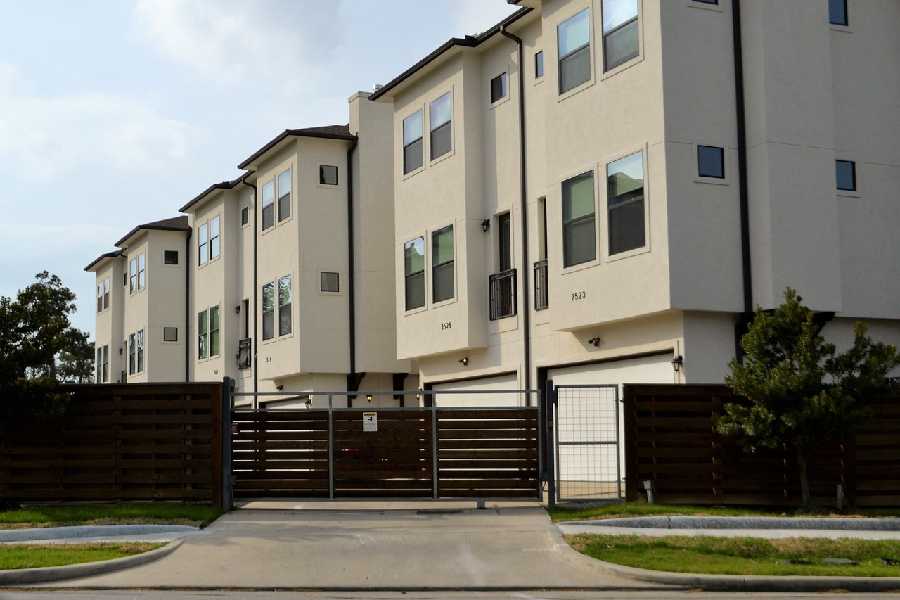Welcome to todays blog – we bring to you the best property investment tips so that you can start or grow your property portfolio.
Get the highest rental yields
One of the top Property Investment Tips is to go for areas that have the highest rental yields – do the maths, basically! The rental yields are what distinguishes a good buy-to-let investment from a bad one. You won’t be able to make big rental returns if your rental yields aren’t high enough to meet costs like mortgage payments and rental income taxes. A rental yield is best described as a percentage figure used by property investors to measure the profitability of a buy-to-let investment. A good rental yield on a property investment is normally between 5 and 6 percent, with yields of 8 percent or more are considered highly profitable. You should never invest in a property without first analysing its guaranteed or expected rental yield.
Location is Vital
When it comes to property investment, location is extremely important. The neighbouring amenities in the region are one of the most important elements to consider, as they are likely to attract potential tenants. While the tenant may appreciate the rental home, they are likely to want it to be in a desirable location with plenty of surrounding facilities and easy access to public transportation or walkability. Tenants should find the location appealing. You should also think about the distance between you and the property. This could be different if the rental yields are slightly higher but further away – it all depends on the rental yields in places as well.
Be financially Organised
You will be subject to additional tax payments if you invest in real estate. Stamp duty, capital gains tax, and income tax are examples of these. In the case of the latter, you’ll have to pay this tax on any rental income you generate from your investment property. Capital gains taxes are levied on the profit you make from the sale of your property.
You may choose to pay for a building examination once your offer on a house has been approved. Any potential difficulties will be brought to your attention because of this. When it comes to property valuation charges, some mortgage lenders will require you to organise and pay for a property value as part of your loan application, so keep this in mind.
You should have landlord insurance as well as other necessary insurance, such as public liability insurance, if you’re a landlord. These will have a price tag attached to them, so keep that in mind when calculating the cost of an investment property. Similarly, you’ll need to select a suitable mortgage product that will require you to make monthly mortgage payments to repay the money you’ve borrowed.
You may need the assistance of a professional to manage the laws of your investment, which will result in legal bills. You may decide to hire a property management business after you’ve secured the property. If you do, you’ll have to include in the cost of these services, which are frequently billed monthly.
Deposit 25% Mortgage 75%
A 75 percent loan to value (LTV) mortgage allows you to borrow up to 75 percent of the home’s purchasing price. Before you begin paying your mortgage, you must pay the remaining 25% as a deposit. The more money put down for the deposit, the easier it is to receive a simple loan. You will also own 25% equity of the property.
Emergency costs can happen
Maintenance and upkeep aren’t the only expenses that will cut into your rental income. There’s always the possibility of an emergency arising, such as roof damage from a hurricane or broken pipes destroying a kitchen floor. Plan to set aside 20% to 30% of your rental income for these types of expenses so that you have a fund to pay for repairs on schedule.
Learn to negotiate and communicate
Many factors may indicate that if you do enough study, you will be able to negotiate a better offer. If a home has been on the market for a long period, for example, the buyer is more inclined to accept a lesser offer to close the deal. It’s vital to note that as a buy-to-let investor, for example, you’re not part of an upward chain and thus have a strong negotiation position.
Students
Students can provide a reliable source of rental income. One of the benefits of investing in student properties is that student populations tend to congregate in specific regions of cities near colleges, allowing you to acquire many homes over time that will be in high demand by students. The UK student property market has also shown significant, sustained growth for more than five years, indicating that it is a great investment.
If you enjoyed this article on Property Investment Tips you might also like to read about:
- Property Investment Companies Liverpool
- Benefits of Liverpool Property Investment
- Guide to Property Investment for beginners UK



4 thoughts on “Property Investment Tips”